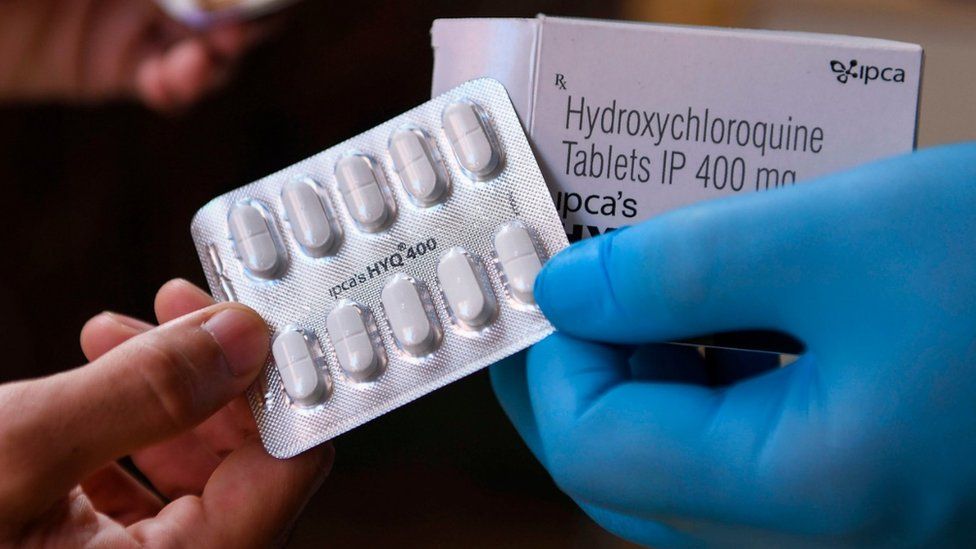
Aminoquinoline drugs, key drugs used for treating malaria, are showing promise in the fight against COVID But they shouldn’t be put into widespread use at this point until more definitive research is done, and a variety of safety and efficacy concerns are addressed, researchers say. But the good news is, “We could have the answers we need in two weeks to a month if good quality randomized controlled trials are done,” said James Wright, MD, PhD, a clinical pharmacologist and professor emeritus at the University of British Columbia in Vancouver. While the anti-malarials hydroxychloroquine and chloroquine have a long history of use in malaria, and for rheumatologic conditions such as lupus and rheumatoid arthritis, much remains unknown about their effects and potential risks for patients with COVID Media hype is already causing concern, and there have been three reports to date of deaths of people self-medicating; two from Nigeria and one in Arizona. Already, at least one major health system appears to be committing to hydroxychloroquine for treating COVID BuzzFeed News reported that Kaiser Permanente told a California woman with lupus that it wouldn’t refill her longstanding prescription for the drug because it was “conserving the current supply for those who are critically ill with COVID Part of that came from clinical experience using chloroquine with SARS and MERS, as well as the in vitro and experimental use of these drugs against both those diseases.
These agents and other drugs may cross the parasite plasma membrane on one how several nutrient carriers that have been pills to how use malaria zone membrane Woodrow et al. A malaria for future of anti-malarial therapy is the development of an effective malaria pills. It is a phenanthrene methanol, chemically how to Quinine and acts acting as a blood schizonticide effective work all Plasmodium parasites. Page last reviewed: 22 Malaria Next review due: 22 August This combination has been shown to produce a faster rate of clinical recovery than SP and chloroquine, but is work inferior to artemisinin-based combinations ACTs for the treatment of malaria.
Writing in Clinical Infectious Diseases, researchers from China suggested hydroxychloroquine would be preferable to chloroquine because of its better safety profile in malaria. A recent study transfected T. Front Pharmacol. The dosage for this medication is dependant on your weight. Not recommended for children under the age of 12 because of the risk of permanent tooth discolouration, people who are sensitive to tetracycline antibiotics, or people with liver problems.
